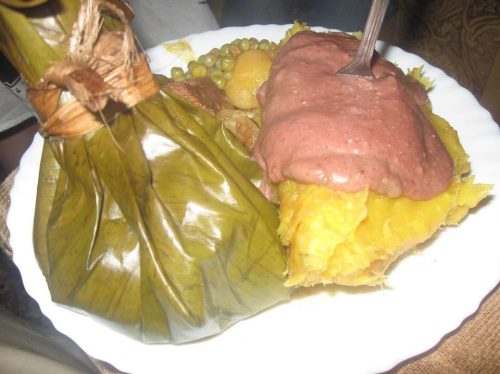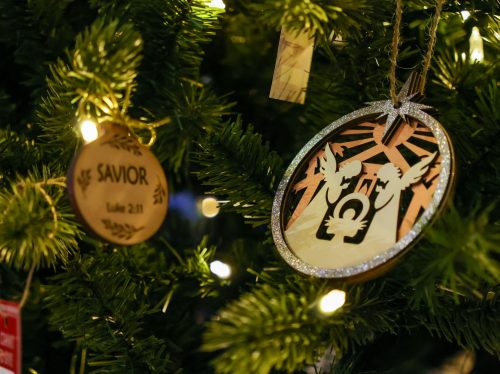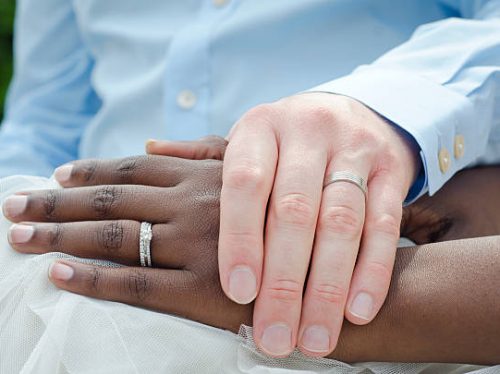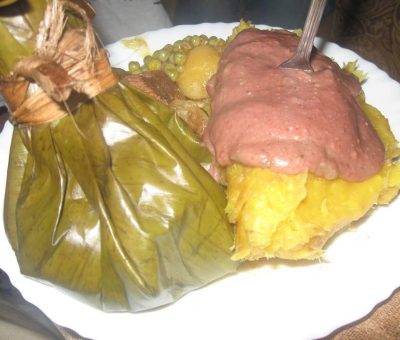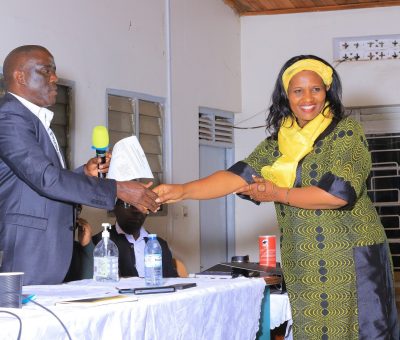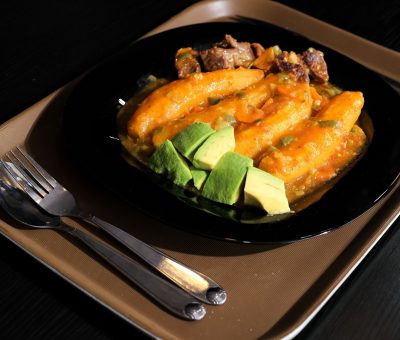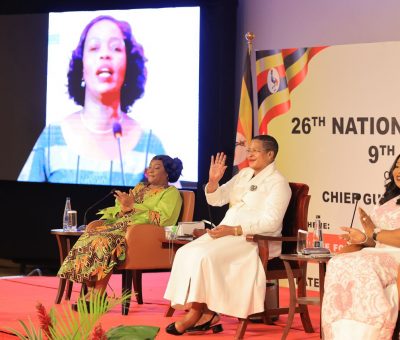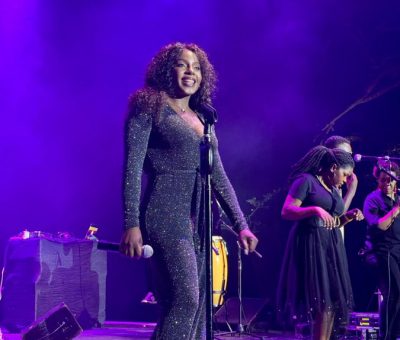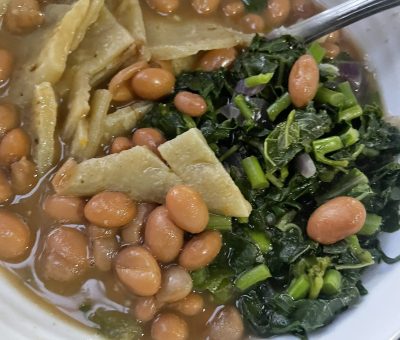Remnant Generation: A safe haven for teenage mothers
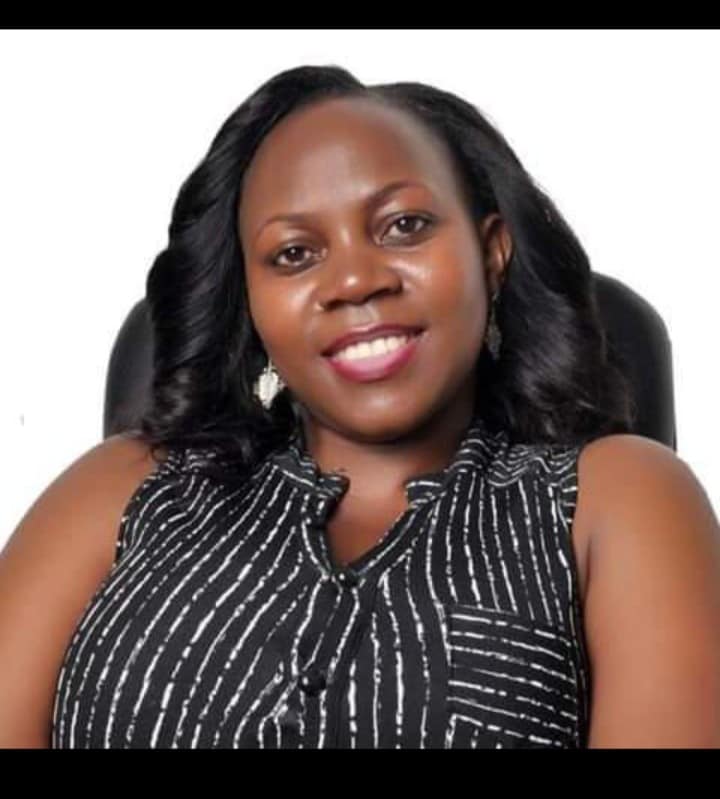
Annabelle Nakabiri Ssebakijje (40) is the executive director, Remnant Generation, a rehab centre that rescues and restores the lives of girls that have been sexually abused. The rehabilitation home, located in Busega, Kampala, currently houses 30 mothers and helps five who live with their families.
The professional accountant quit her job to start the home in 2011 which has been a refuge for countless teenage mothers many of whom acquired skills that have enabled them take care of their families. She has faced a number of challenges to achieve her dream and her joy is to see girls being given a second chance.
Even those teenagers who she has been able to reconnect with family members are able to go back to the rehab home for mama kits, mosquito nets and antenatal care.
Her story
I started Remnant Generation as an outreach project where I would go to secondary schools to speak to girls about career guidance and the importance of staying in school. At almost every visit, I would notice a pregnant girl and after talking to them, I realized they were afraid of telling their parents. Many would then decide to abort but because I know the dangers this presents, I would discourage this.
I have passion for women and girls but also from my own experience, there was a time I was going to give up but finally recollected myself and moved on. I come from a family of many children and mothers.
Every mother had to care for her children and it was difficult for me and my siblings to stay in school. When I completed primary seven in 1995, my parents divorced and we had to stay with our step mother.
After months of starving, not going to school and mistreatment, I fled home. I wanted to look for my mother and a job so that I could take care of my siblings.
At 13 years, I was hired as a maid for a month and paid 20,000 Uganda shillings but after a month, the family I worked relocated to Canada so my services were not needed anymore. Many times, I survived abuse from men whom I thought would protect me. All the male figures I looked up to would speak to me in a seductive way that I felt abused as a child.
The new place of work I found was that of my mother’s friend and together we went to rescue my siblings. We rented a room in Kyengera, Kampala, and it was from here that my mother’s friend allowed me to start senior one in 1997 with a small contribution on school fees but in senior three, I dropped out again because she could not raise the money.
My siblings and I would hawk pancakes, clothes, fetch water, wash people’s clothes, sell paper bags and I was able to raise 60,000 Uganda shillings as school fees for my four siblings but our feeding was at the mercy of well-wishers.
I was able to go back to school and completed Senior Six and I would encourage myself that I can still be the person I wanted to be. Fortunately, one of my sisters was on bursary throughout primary level and high school because she performed well.
I paid my tuition while I was at university but also paid for my other siblings until I graduated. Empowering girls was the only thing I wanted to do.
The big societal problem
Fionah Nakityo, a social worker at Remnant Generation, says many teenage pregnancies are a result of defilement, incest and sometimes, consent but because the girls do not know what the consequences would be.
“Some girls are in a teenage relationship so they consent but they do not know what the results will be. Others are defiled by their own relatives and 70 percent of defilement cases are among pastoralist communities where girls are usually abused as they look after the cattle,” she says.
The girls that run away have consented to sexual intercourse but when they become pregnant, they fear facing their parent’ wrath. Sometimes, the men deny their responsibility while others are too young to take on such a responsibility.
The mistake
It takes two people to make a baby but when the girl conceives, she suffers the consequences alone while the boy or man is free. “The family, school and cultural systems have always judged a teenage mother bitterly,” says Nakabiri.
She adds that, “Sometimes it is incest and in order to keep the family together, they decide to keep quiet. Some parents lead their children into temptation when they do not provide them with basic needs.”
To her, no girl should endure any form of abuse without care. Being a teenage mother is traumatizing for the girls and the best way to help them not to abort or commit suicide is to make them feel wanted.
Way forward
Disciplinary measures can be taken by parents when a girl conceives at a tender age but should be kind enough to listen and not just chase them from home. The parent should be thinking of how they can help the child as she can still be able to pursue her dreams once given a chance.
Nakabiri says, “Many parents have left the television, internet, camps and social media platforms to speak to their children. Parents do not have time to speak to their children so they are learning so many things that could be detrimental.”
“I think every girl needs a male figure in her life, starting with her father, she adds. He should be the one to complement her, talk to her about her strengths and weaknesses and advise her accordingly.”
The challenges The rehab centre according to Nakabiri faces challenges when it lacks toiletries, baby clothes and skills that will empower the young women to sustain their lives after giving birth.



